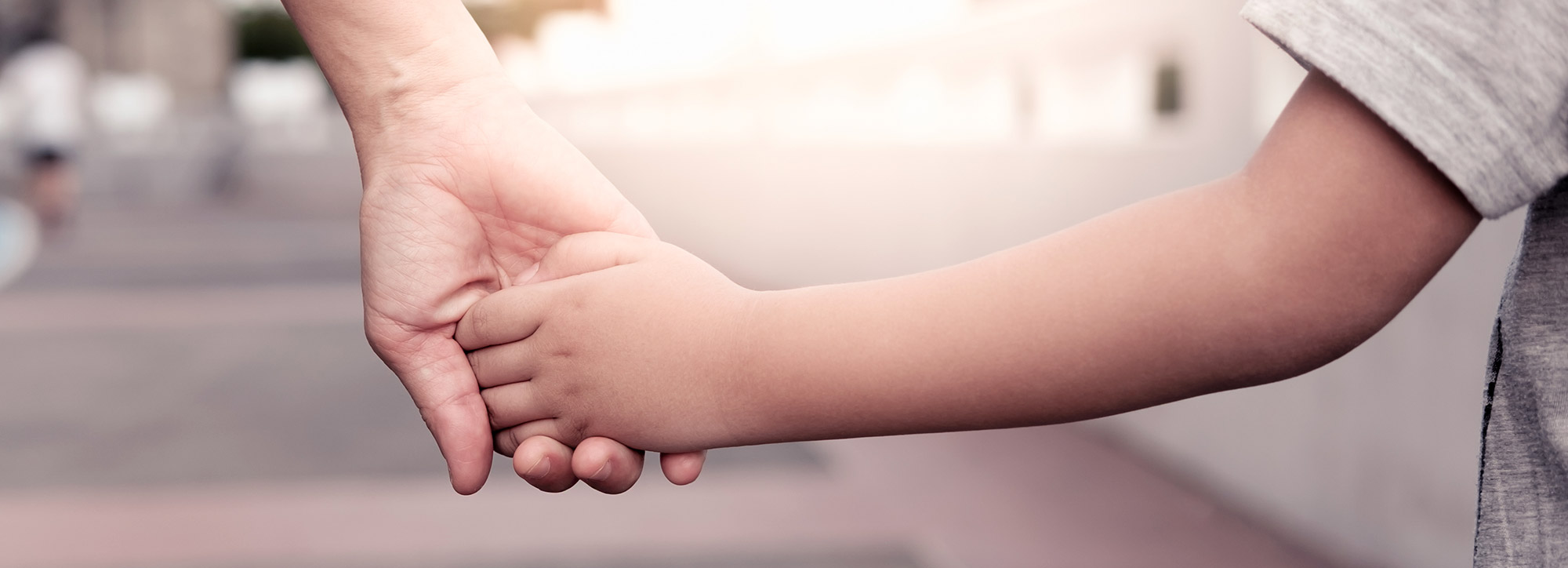It’s 7:49 in the morning. I am making my son’s favorite oatmeal—bananas & cream, using milk instead of water and with extra quick oats added in—and, as I hand it to him, he slumps down in his seat. Sour-faced, he grunts and reaches out a hand to slap the bowl away.
I ask him what’s wrong, and he responds by grunting at me again and mumbling “too hot”.
No problem, bud, I tell him and pour some of the milk from his cup onto the oatmeal, just like he’d wanted the last time I made him this breakfast.
I slide the bowl back toward him, and he stares at me with such vehemence, you’d have thought I was offering him a bowl of thumbtacks to eat.
Me want ice cube, he tells me, his voice low and angry. He is seven years old and in first grade, too old for this by cultural norms, but he often speaks this way—with dropped articles, incorrect pronouns, or other baby talk—to emphasize something he’s feeling.
Can you ask me with a whole sentence and a respectful tone? I prompt him, and he glares at me. I can see that I’ve made a mistake. Misunderstood his expectations.
I’m sorry for not asking you before adding the milk, I tell him. Next time I’ll ask if you want milk or an ice cube. He grunts again and tries to kick his sister under the table. He misses, and she doesn’t notice the attempt.
Small mercies, you know?
He asks his father for an ice cube, and he reminds our son to use kind and respectful words. Our son refuses, instead choosing to eat the too-hot oatmeal, which is not actually too hot.
I take a slow sip of my coffee, relieved that breakfast will go on, and then head to the toaster. It is perfection, this expertly frothed milk atop a salted caramel latte.
My husband bought me our first coffee maker—one of the kind you put the individual pods into—six months after my daughter was born.
Neither of us drink coffee, I’d said at the time.
I was thinking we should start, he had replied, bleary-eyed from the lack of consistent sleep that comes with having a baby in the house.
Our daughter is eight now, and I drink two or three cups of coffee a day. This fall, my husband bought us a real espresso machine with an attached milk steamer and a coffee bean grinder. He learned how to use it from YouTube videos and articles written by coffee connoisseurs who probably have stacks and stacks of unread copies of The NewYorker in their living rooms.
I can say that because I have a stack of unread copies of The NewYorker in my living room.
I am dropping my bread into the toaster when I hear my son’s voice again.
I wish I didn’t have a mother.
Hey, his father says, why did you say that?
Because I like to, our boy answers, matter-of-fact.
That’s not a kind thing to say, my husband tells him. Can you please apologize to Momma?
Sorry, he says.
If he is actually sorry, I cannot tell from his tone.
I keep my back to them for a little longer and stare into the orange glow of the coils inside the toaster. My eyes burn.
I take two small white pills out of my daily pill sorter and pop them into my mouth, chase them with a swallow of water and then coffee.
Vitamin D to combat the lack of sunlight in the winter and a capsule of patented chemicals to force my body to make the serotonin that it stopped making five years ago.
The kids know I take medicine for my brain. Normalize it, right?
Except now when I’m angry or sad or stressed, the kids tell me to take a pill. So, that’s fun.
My toast pops, I spread way too much butter onto it, and then I slide into my seat. I give my son a quick smile, and he asks to please be excused from the table. My husband and I say yes and wash your hands and face almost in unison.
My boy heads upstairs to avoid washing up by singing to himself in the bathroom mirror.
In five minutes, we’ll remind him to focus and brush his teeth.
Routine.
I eat my toast, drink my coffee. I’ll need my second cup before noon, to combat the everlasting fuzziness that comes with being medicated.
Side effects may include drowsiness, dry mouth, weight gain, constipation, plus patience, love, compassion, forgiveness, and the ability to feel joy and contentment.
And hope.
As both children climb out of the car in the school drop-off line twenty minutes later, I give them each a quick hand-squeeze over the center console. We call it a hand hug.
Have a good day! I call to them, like always. Make good choices! I love you! See you after school!
My son pauses after closing the car door. Looks me right in the eyes through the window. Smiles tentatively. I grin at him and blow a few ridiculously exaggerated kisses, and his whole face melts into the smooshy mushy enormous grin that I’ve loved since I opened the first set of photos from the agency. His smile could melt the polar ice caps.
In school, he’ll pull himself together, keep his hands to himself (mostly), speak in complete and complex sentences, follow instructions (mostly), share, play with his friends. He’ll eat everything in his Mario lunchbox except the broccoli, and he’ll ignore the trash can on his way out the door to recess. He always brings his trash home.
I tell him that I’m not his garbage collector.
But I kind of am.
Someone has to be, and I’m glad it’s me.

